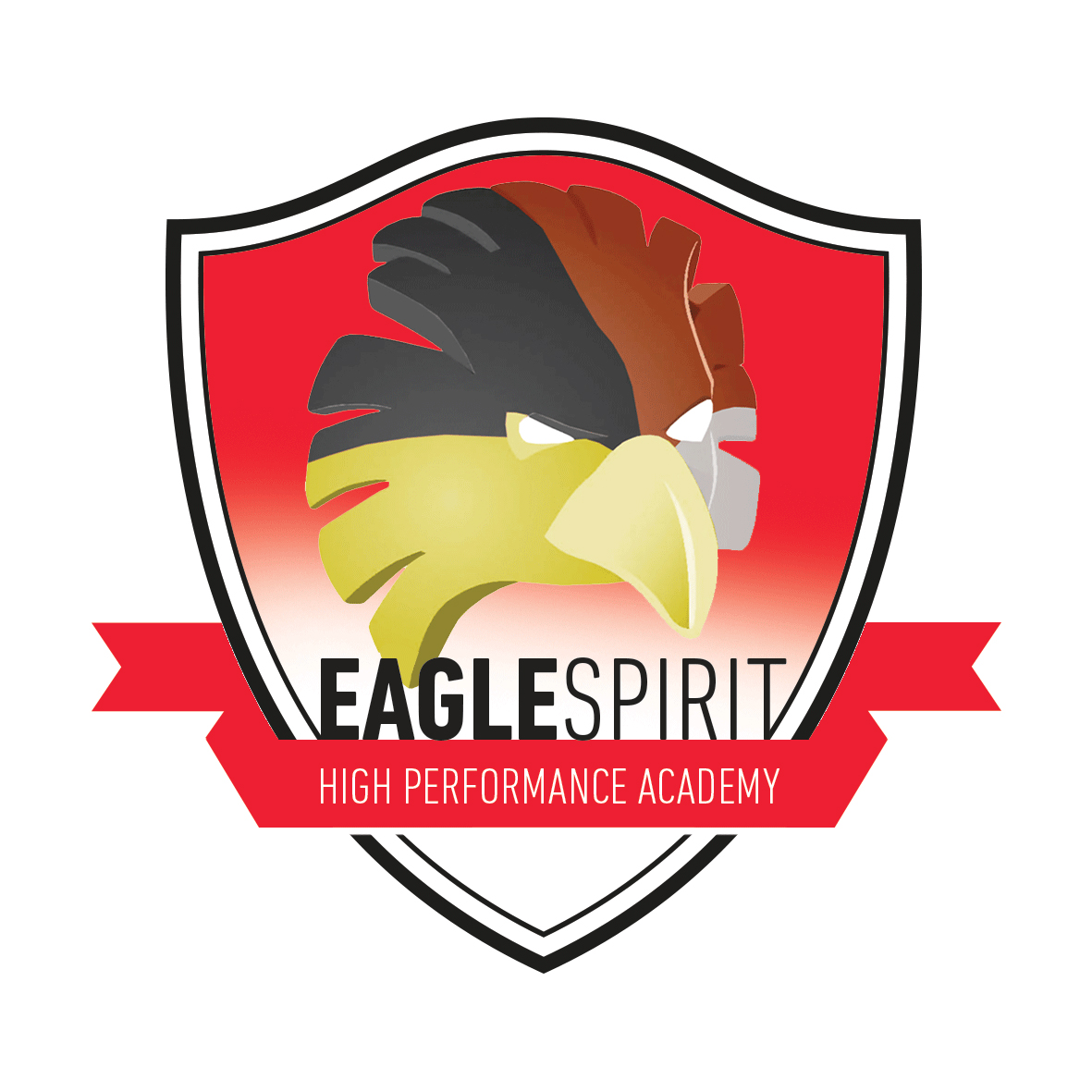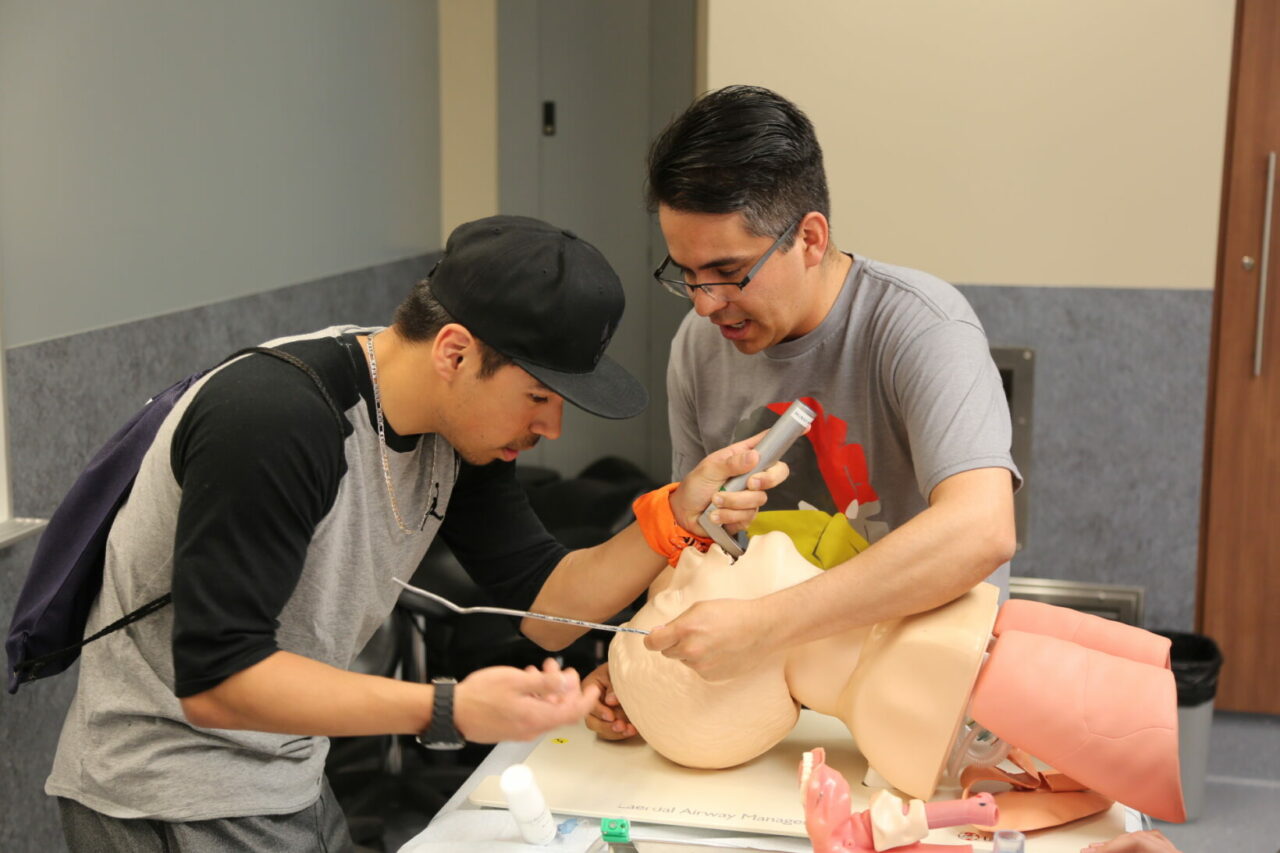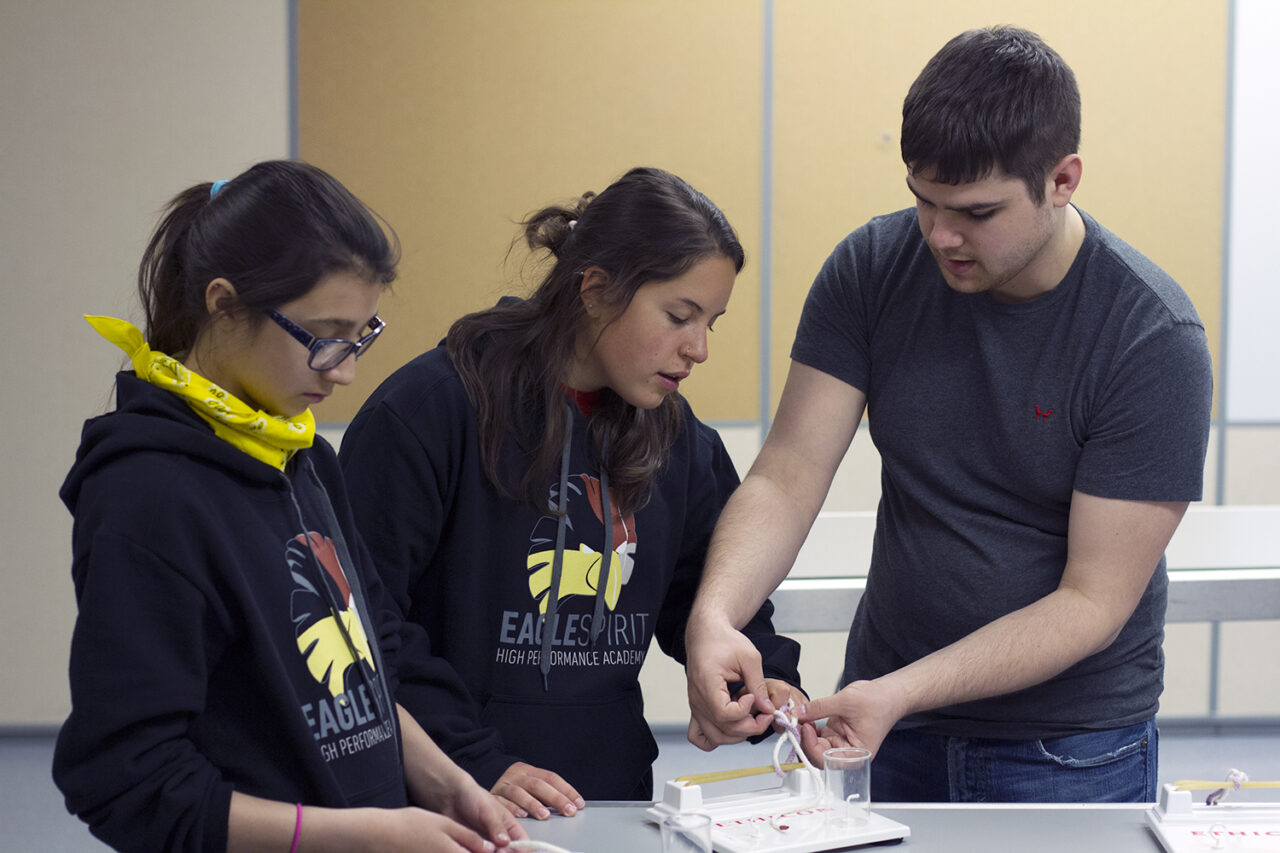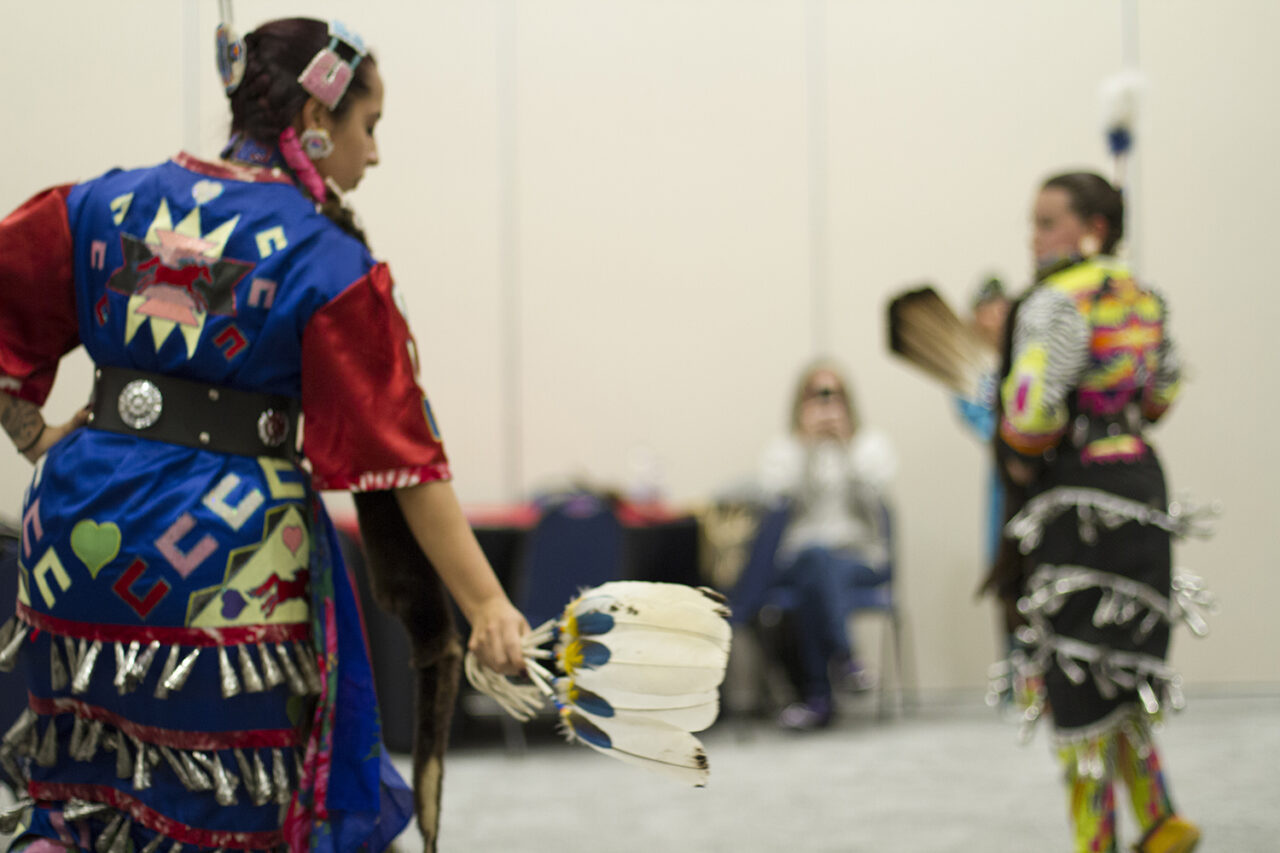 Faculty of Medicine-led Eagle Spirit Camp enters its 11th year
Faculty of Medicine-led Eagle Spirit Camp enters its 11th year
 In 2005, the Eagle Spirit Camp launched as a means of bringing Indigenous youth to the McGill campus for a weekend to provide them with broad exposure to the University and to the city of Montreal. Always well attended – more than 300 youth have participated since its inception – the initiative’s main objective had been to expose Indigenous youth to the possibilities afforded by higher education. “When I attended the camp, it made me realize that education is very important so we can achieve our goals,” says Susie Qulliq Inukpuk, a camp participant in both 2015 and 2016.
In 2005, the Eagle Spirit Camp launched as a means of bringing Indigenous youth to the McGill campus for a weekend to provide them with broad exposure to the University and to the city of Montreal. Always well attended – more than 300 youth have participated since its inception – the initiative’s main objective had been to expose Indigenous youth to the possibilities afforded by higher education. “When I attended the camp, it made me realize that education is very important so we can achieve our goals,” says Susie Qulliq Inukpuk, a camp participant in both 2015 and 2016.
The 2017 version of the camp, to be held May 19-21, will feature a revamped itinerary and more focused objectives. Now led by the McGill Faculty of Medicine’s Indigenous Health Professions Program, beginning this year the camp will focus on exposing participants to a variety of Indigenous mentors and career possibilities specific to the health sciences.
Jessica Barudin, the Program Manager for the Indigenous Health Professions Program, who has played a leading role in planning this year’s camp, has been working with a core committee comprised of representatives from Medicine, the Ingram School of Nursing, the School of Physical and Occupational Therapy, the School of Communication Sciences and Disorders, Faculty of Dentistry and the School of Social Work. Together they have been developing an exhilarating and varied three days that will see the twenty 13-17 year-old high school and Cegep campers from across Canada participating in a bevy of activities from visiting the Steinberg Centre for Simulation and Interactive Learning, attending a site visit to the McGill University Health Centre Glen site to hands-on workshops across the campus to a special health-related career fair held just for them.
For the first time in the camp’s history, each activity will share a common theme. “We wanted to bring a more integrated approach to the camp programming since in the past it was very general,” explains Barudin. “As  each health workshop in some way incorporates this year’s theme of water into their activities, participants will make a connection between the learning activities rather than merely moving from one to another. What’s interesting is that it ties directly into the branding and message behind Eagle Spirit. If you look at our logo it’s an eagle’s head with the medicine wheel. A lot of communities and nations have adapted medicine wheel teachings to share about the elements and traditional medicines. This year, our planning committee chose water, the first medicine, as being that element that could offer a lot of different teaching moments related to health”
each health workshop in some way incorporates this year’s theme of water into their activities, participants will make a connection between the learning activities rather than merely moving from one to another. What’s interesting is that it ties directly into the branding and message behind Eagle Spirit. If you look at our logo it’s an eagle’s head with the medicine wheel. A lot of communities and nations have adapted medicine wheel teachings to share about the elements and traditional medicines. This year, our planning committee chose water, the first medicine, as being that element that could offer a lot of different teaching moments related to health”
One aspect of previous Eagle Spirit Camp iterations that will remain is the opportunity for cultural exchange. The hope is to have local community members attend and perform traditional dances and other activities that will allow all to learn about other cultures.
 “When we shared our cultures, I was really looking forward to it, it made me more open to other cultures as well. I’m really glad that Eagle Spirit exists, because we have the opportunity to meet new people across Canada,” says Inukpuk of this memorable part of the camp program.
“When we shared our cultures, I was really looking forward to it, it made me more open to other cultures as well. I’m really glad that Eagle Spirit exists, because we have the opportunity to meet new people across Canada,” says Inukpuk of this memorable part of the camp program.Helping Eagle Spirit soar
Whereas in the past the camp was typically a one-off experience, another new change this year is the effort for long-term engagement of youth participants. The goal is to develop a structured mentorship platform where camp participants remain engaged after they return home, whether that comes from being paired with current McGill student mentors or through connections with faculty and opportunities to participate in shadowing experiences throughout high school and Cegep. To accomplish these goals however will require volunteers.
The Indigenous Health Professions Program is seeking student volunteers to help in a number of ways. For the short-term, people are needed to help facilitate workshops and to serve as camp counselors for the May event, to accompany the students to their workshops and ensure they have a safe environment.
Motivated student volunteers are also needed to form a new Indigenous Health Professions Student Advisory Committee that will help develop the long term mentorship program strategy and possibly serve as mentors for the youth themselves.
“For some Indigenous youth, the Eagle Spirit Camp gives them a once in a lifetime opportunity to experience life as a medical or health student,” explains Dr. Kent Saylor, Assistant Professor, Department of Pediatrics and Director of the Indigenous Health Curriculum at the McGill Faculty of Medicine. “As we strive to train more Indigenous health professionals at McGill, we hope this opportunity will excite them to pursue their studies and a career in health care. An initiative like the Eagle Spirit Camp is just enough to start them down that road and our upcoming Indigenous Health Professions Program is designed to support students through the application process, during their studies and onto graduation”
For more information on the Eagle Spirit Camp visit: eaglespiritacademy.com
If you’re interested in volunteering for this year’s camp or for the student organizing committee, contact (eaglespiritcamp@gmail.com). To learn more about the Indigenous Health Professions Program, contact Jessica.barudin@mcgill.ca
An information session for students interested in participating hosted by Dr. Kent Saylor and Jessica Barudin will be held at First People’s House (3505 Peel Street) from 4:30 – 6:00 p.m. on Monday, March 6, 2017. Dinner will be provided.
February 22, 2017
